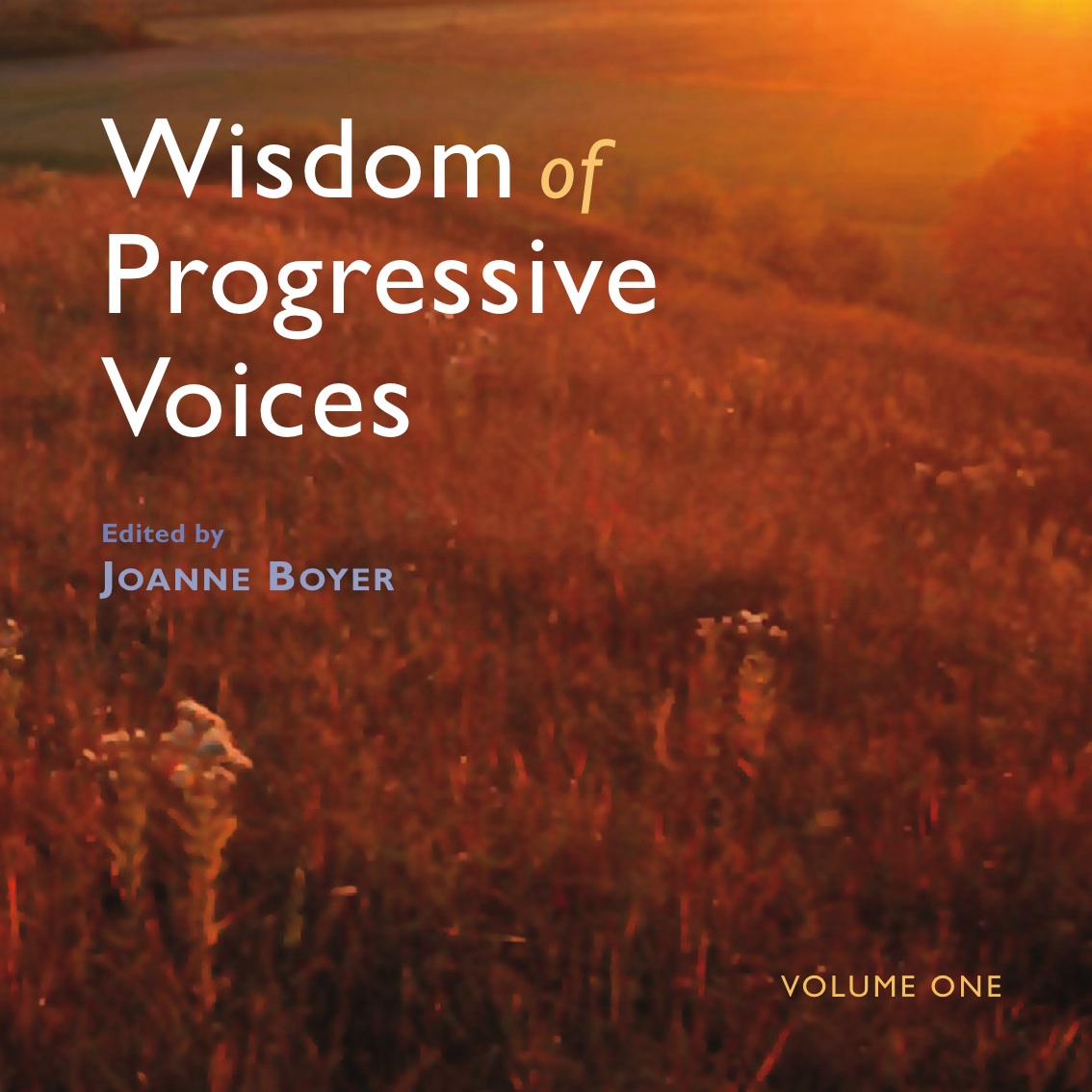In the wake of the tragic and violent events in Tucson, I think it is important for us to take a look back in American political history when public discourse produced voices that spoke with wisdom and courage rather than hate and intolerance. This is not the first time Americans have faced differing opinions, challenging policy decisions or a changing cultural landscape.
Today’s political and social conversation – on our airwaves, in our campaigns, in personal dialogue – tends toward demonization of opponents, hatred and animosity. Talk of targeting and “taking out” a political opponent, and slogans such as “don’t retreat…reload” and “ballots, then bullets” conjure up images of political violence, especially when continuously repeated.
As we stand at a crossroads on how to continue our political and social discussions, I would offer that we pause for a moment and look back in our history and listen to those who have spoken with a different tone during other difficult times.
Martin Luther King, Jr. as he led the non-violent civil rights movement during the tumultuous 1960s said:
“We’ve come to see that non-violence is not a weak method, for it’s the strong man who can stand up amid opposition, who can stand up amid violence being inflicted upon him and not retaliate with violence….Non-violence is the answer to the crucial political and moral question of our time – the need for man to overcome oppression and violence without resorting to violence and oppression.”
Similarly, in the fields of California, Cesar Chavez adopted a strategy of non-violence and respect for other’s culture during a turbulent five-year boycott against grape growers in the 1960s.
“We will never be able to get anywhere if we start using tactics of violence. You have to believe in that. Preservation of one’s own culture does not require contempt or disrespect for other cultures.”
Robert Kennedy, felled by an assassin’s bullet in 1968, witnessed the contentious political currents of his time, and saw a better way:
“What we need in the United States is not division; what we need in the United States is not hatred; what we need in the United States is not violence or lawlessness; but love and wisdom and compassion toward one another, and a feeling of justice toward those who still suffer within our country.”
Edward R. Murrow, renowned for his courageous radio and television broadcasts in the 1940s and 50s understood the dynamic impact of words used within a powerful new medium:
“The newest computer can merely compound, at speed, the oldest problem in the relations between human beings, and in the end the communicator will be confronted with the old problem, of what to say and how to say it.”
The coming days represent a challenge to forge a better, saner path. Historian and author Howard Zinn, who died in early 2010, offered a guide:
“To be hopeful in bad times is not just foolishly romantic. It is based on the fact that human history is a history not only of cruelty but also of compassion, sacrifice, courage, and kindness. What we choose to emphasize in this complex history will determine our lives. If we see only the worst, it destroys our capacity to do something. If we remember those times and places – and there are so many – where people have behaved magnificently, this gives us the energy to act, and at least the possibility of sending this spinning top of a world in a different direction…”
We, as individuals and a nation, must now decide where we go from here. There is a better side to us than what’s been displayed in our political and social discourse over the last 20-30 years. Common ground has always been what’s united this country. We have found it before, and if we stop the hate-filled and violent words that echo throughout so many of today’s conversations, we can find it again. The daily deluge of demonization bellowing from our airways needs to be called for what it is.
“We must be the change we want to see in the world,” as Ghandi so often said. It starts with each of us being committed to standing up and stopping the hateful and violent political speech – first in our personal conversations. And then we must demand it of our politicians in their speeches and in their campaign ads, of columnists in the print media, and of commentators on radio and television.

